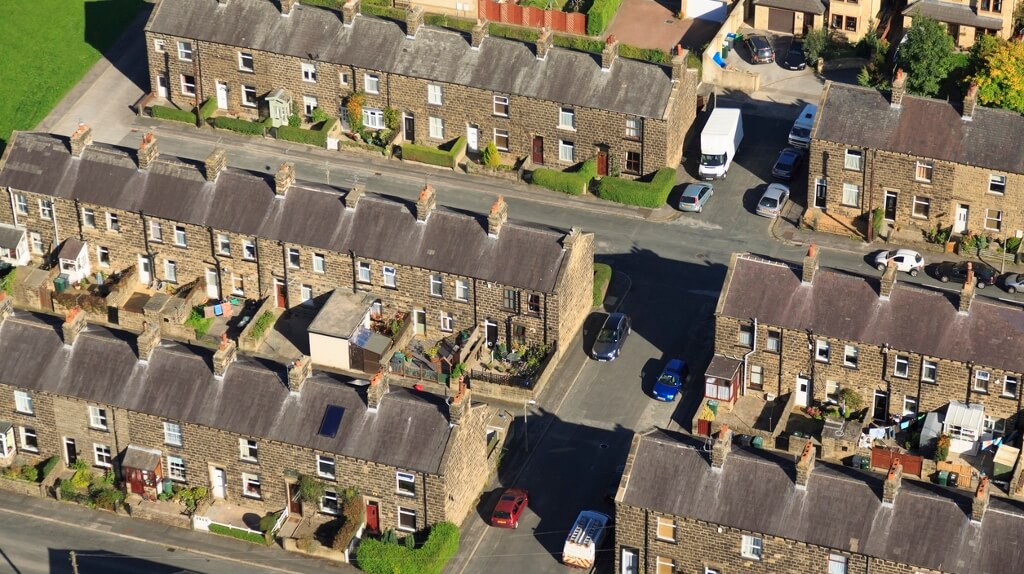
Getting the right deal on a mortgage can save you thousands of dollars through the course of the home's lifetime, but it’s still tempting to choose the first mortgage rate you find.
We all want to limit the stress of the home buying experience and make a quick decision, but taking the time to navigate the mortgage maze can slash your anxiety and interest rates for good.
1. Know What Mortgage you Want
While checking mortgage rates is necessary to get a good deal, as referenced in this guide, you still need to know what mortgage type you actually want. The type of mortgage you choose will affect the amount your pay per month, so this step is crucial.
- Repayment of Interest-Only: Repayment pays off the original debt and interest each month. Interest-only pays the interest. Always choose a repayment option, even though it's more expensive initially because you’ll pay less in the long-run.
- Fixed or Variable: Fixed-rate locks the interest rate of the mortgage in for the entire repayment period, whereas variable changes each year. In 2021 it’s more cost-effective to choose fixed as mortgage rates are at an all-time low.
- Associated Fees Expenses: Added fees like solicitors fees, stamp duty, valuation costs, and mortgage fees will add to the cost of the mortgage. Knowing each hidden cost beforehand will lead to a better buying decision.
2. 15-Year Over 30-Year Loan
If you’re planning on staying in your home for at least a decade, a 30-year fixed-rate loan is your best bet. However, if you can afford higher payments, choose the 15-year fixed option to dispense your debt sooner. Regardless of which loan deal you select, 15-year mortgage rates are always more cost-effective than 30-year rates.
3. Put as Much Towards Deposit/Equity as Possible
Mortgage rates drop in steps, known as loan-to-value bands, so focus on putting as much money towards your mortgage as possible. If you put a large deposit down, you won’t have to pay that amount plus interest in the future, but you’ll see real savings the higher your deposit/equity is. For example, if you have a 9.50% deposit/equity, it’s worth it to push that number towards the 10% mark to receive a lower interest rate. To understand how different deposits impact your payments, you can use a mortgage calculator to estimate potential savings.
4. Speak to a Mortgage Broker
While it’s true you can cut costs by searching for a deal yourself, most banks won’t give you their full list of deals when asked. Using a mortgage broker will allow you to access a massive slew of lenders and give you added clout, which will ease your acceptance and clinch that mortgage deal. Before enlisting their services, ask your broker these questions:
- Can you get me a mortgage from any lender in the United States? Some brokers are tied to specific lenders, while others can check all of them. It’s better to have access to all than a few, even if they charge a fee.
- Do you charge a fee? Some brokers charge by commission or by a set fee. No reputable broker will charge more than 1% of the mortgage value.
- What are your qualifications? Ensure they're a qualified mortgage adviser and have the recommended licenses to advise you.
5. Have a Great Credit Score
Shopping for the best deal becomes more manageable with a high credit score. It’s almost impossible to find great mortgage rates without capital, investments, or credit because all lenders want to know for sure that you’ll pay them back. Anything lower than 574 is considered a high-risk borrower, so try to improve your credit score to access better mortgage rates.
You’ll want to be in the 713-740 category or beyond for banks and other lenders to give you the best options available. Having little to no debt will also give lenders confidence, but having assets will always give lenders peace of mind.
Thanks for signing up to Minutehack alerts.
Brilliant editorials heading your way soon.
Okay, Thanks!